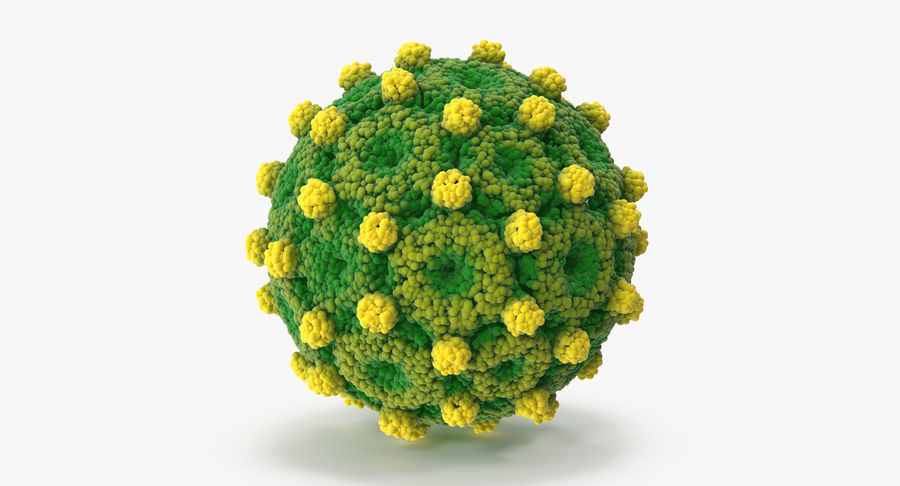In this blog, I would like to discuss hepatitis B and the benefits of Fucoidan on it.
Hepatitis B is a general term known as the infection of the liver with the hepatitis B virus (HBV) spread through blood and body fluids. There are at least 350 million people worldwide who are infected with the hepatitis B virus. When it develops, it is more likely to cause liver diseases such as hepatitis and cirrhosis and even lead to liver cancer. Hence it is noticeable that about 1 million people die each year from HBV-related liver disease.
Even if you have hepatitis B, you often do not have any subjective or early symptoms. However, in some cases, you may develop a severe illness without noticing it, so you should be careful. Hence, many countries are rolling out the HBV vaccine to prevent infection against hepatitis diseases.

Additionally, there are interferon therapy and nucleic acid analog preparations as therapeutic agents for HBV infection. However, interferon therapy has severe side effects and disadvantages, which include nucleic acid analog preparations that tend to develop resistance.
Fucoidan, a sulfated polysaccharide derived from brown algae, is reported and proven to have various physiological functions, such as antibacterial and antiviral effects. Therefore, it verifies the study of the growth inhibitory effect of fucoidan on HBV.
This is according to the study “Fucoidan from Fucus vesiculosus suppresses hepatitis B virus replication by enhancing extracellular signal-regulated Kinase activation” by Huifang Li et al. First, they had administered 100 mg of fucus vesiculosus derived-fucoidan to HBV-infected mice intraperitoneally. And the amount of viral DNA in the blood was measured over time. The virus does not grow on its own, but it increases by having the host cell of the infection partner take up its gene, nucleic acid (DNA or RNA), and replicate it. Therefore, the degree of proliferation can be known by measuring the amount of DNA in the virus.
As shown in Fig. 1, the DNA level of HBV increased on days 7 and 10 in the vehi group that was not receiving fucoidan, but no increase in DNA level was observed in the fucoidan-treated group. From this result, they found that fucoidan has the function of suppressing HBV increasing and suppressing infection too.
Next, to investigate the growth-suppressing mechanism of fucoidan toward HBV, researchers focused on kinase signals activated in the defense response against viral infection. As a result of infecting human liver cancer-derived cell line’HepG2 with HBV and observing activation (phosphorylation) of typical MAP kinases ERK, JNK and P38, ERK activation was monitored while administrating fucoidan. So, giving fucoidan to HBV-infected mice, the activation of ERK in liver tissue and the accompanying activation of IRF7, and the antiviral cytokine’s blood concentration of the antiviral cytokine IFN-α induced by IRF7 were measured. As a result, as with the HepG2 cell, activation of ERK and IRF7 associated with fucoidan administration was observed (Fig2).
In addition, blood IFN-α increased remarkably from 3 to 7 days after fucoidan administration with the activation of IRF7 and showed significantly higher values than the non-administered group until ten days (Fig. 3).
According to these results, it was considered that fucoidan regulates the increase in HBV by activating ERK, which is a type of MAP kinase and increasing the amount of IFNα, which is an antiviral cytokine, via IRF7. Therefore, this study is expected to use fucoidan in the treatment of HBV in the future.
Reference:
- MAP (MAPK) kinases regulate cell functions such as proliferation, gene expression, differentiation, mitosis, cell survival, and apoptosis.
- ERK signaling directly or indirectly regulates expression and function, inducing the motor-promoting expression and infiltrative genes that promote cell motility.
- IRF7 (interferon regulatory factor 7) has played a role in the transcriptional activation of the virus-inducible cellular gene,



